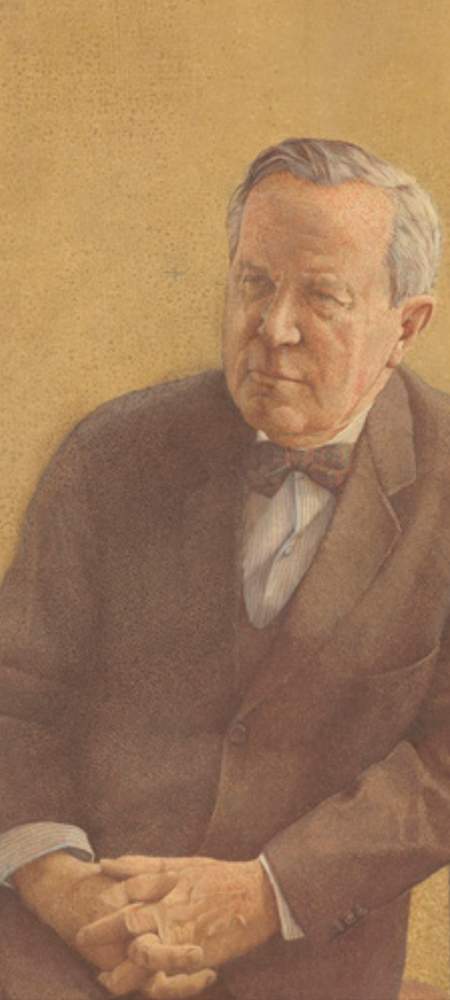Chapter
No
Lester B. Pearson
Though he was considered a fairly unremarkable politician in his own time, and only served four shaky years as prime minister, Lester Pearson’s legacy seems to have aged well, and he now frequently appears on lists of Canada’s “greatest leaders.” Particularly celebrated for his pioneering pre-prime ministerial work in the field of international peacekeeping, he remains an important founding father of modern Canadian liberalism.
The last prime minister born in the 19th century, Pearson served in the Canadian Air Force during World War I (1915-1918) before embarking on a long career as a professional diplomat. For 30 years he traveled the world holding a string of impressive posts, including undersecretary of state, ambassador to the United States and — after winning election to Parliament in 1948 — foreign minister and seventh president of the United Nations General Assembly. Earning international acclaim for using the UN to monitor the peace between Egypt and Israel in the aftermath of the Suez War (1956), in 1957 he became the first Canadian to win a Nobel Peace Prize.
A star in his party, Pearson was chosen as Liberal leader during the days of the John Diefenbaker (1895-1979) administration, and successfully unseated the Conservative prime minister in the 1963 election. Despite only heading a minority government, Pearson was able to score a number of important legislative victories during his tenure, including liberalizing laws governing divorce and abortion, the beginnings of universal health care, and the general expansion of the welfare state. In foreign affairs, he continued his tradition of diplomatic pragmatism, refusing to send Canadian troops to assist in the U.S.-led war in Vietnam (1964-1973), but allowing American nuclear weapons to be stationed in Canada. Perhaps most notably of all, in 1965 his government formally retired the Union Jack as Canada’s national flag, replacing it with the iconic maple leaf.
Though Pearson himself was never personally tainted, a number of high-profile scandals within his cabinet caused public opinion to rapidly sour, and he stepped down as prime minister in 1968, conceding his party needed fresh leadership. He died four years later at age 75.
